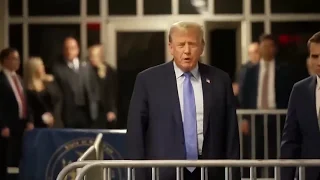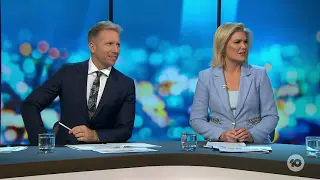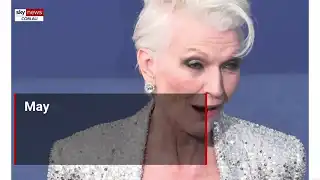Twitter’s recent tweak to how links appear on the platform has raised a few eyebrows, and it’s all thanks to the one and only Elon Musk. The change, which now displays links solely as embedded images with a small indicator of the domain, was implemented with Musk’s assertion that it makes posts “look better.”

As of Wednesday, this modification is in effect for iOS and desktop users. It’s important to note that this alteration doesn’t apply to sponsored links.
Elon Musk’s decision to omit headlines had been in the pipeline since August. When Forbes initially reported on the planned update, Musk chimed in, emphasizing that it would significantly enhance the platform’s aesthetics.
Since Musk took the reins nearly a year ago, Twitter has witnessed a shift in dynamics, particularly for news outlets. While it wasn’t the primary source of traffic for many, it remains an essential tool for media organizations and journalists alike. However, reports indicate that traffic from Twitter has seen a decline since the transition. Notably, NPR and the Australian Broadcasting Corporation (ABC) have scaled back their use of the platform.
This alteration raises concerns about the potential for misinformation to spread even more swiftly. Yet, Twitter users have responded in kind by playfully trolling Elon. They’ve taken to posting links with his image and crafting their own satirical headlines, like “Elon Musk endorses Joe Biden for re-election.” It’s shaping up to be an amusing weekend on Space Karen’s platform.
While Elon Musk’s motivations remain a bit of a mystery, some suspect he might be intentionally steering Twitter off course. Whether for personal amusement or following a hidden agenda, his actions seem geared towards stirring the pot. As it stands, Twitter is valued between $4 and $8 billion, a figure that falls significantly short of the $44 billion he invested. It’s no secret that some of Musk’s investors aren’t thrilled, suggesting they may be growing weary of his antics. On Thursday, CEO-in-name-only Linda Yaccarino held discussions with the banks that provided $13 billion of that $44 billion to explore revenue-enhancing strategies. While not a financial expert, sidelining Apartheid Clyde might be a prudent first step.











Discussion about this post